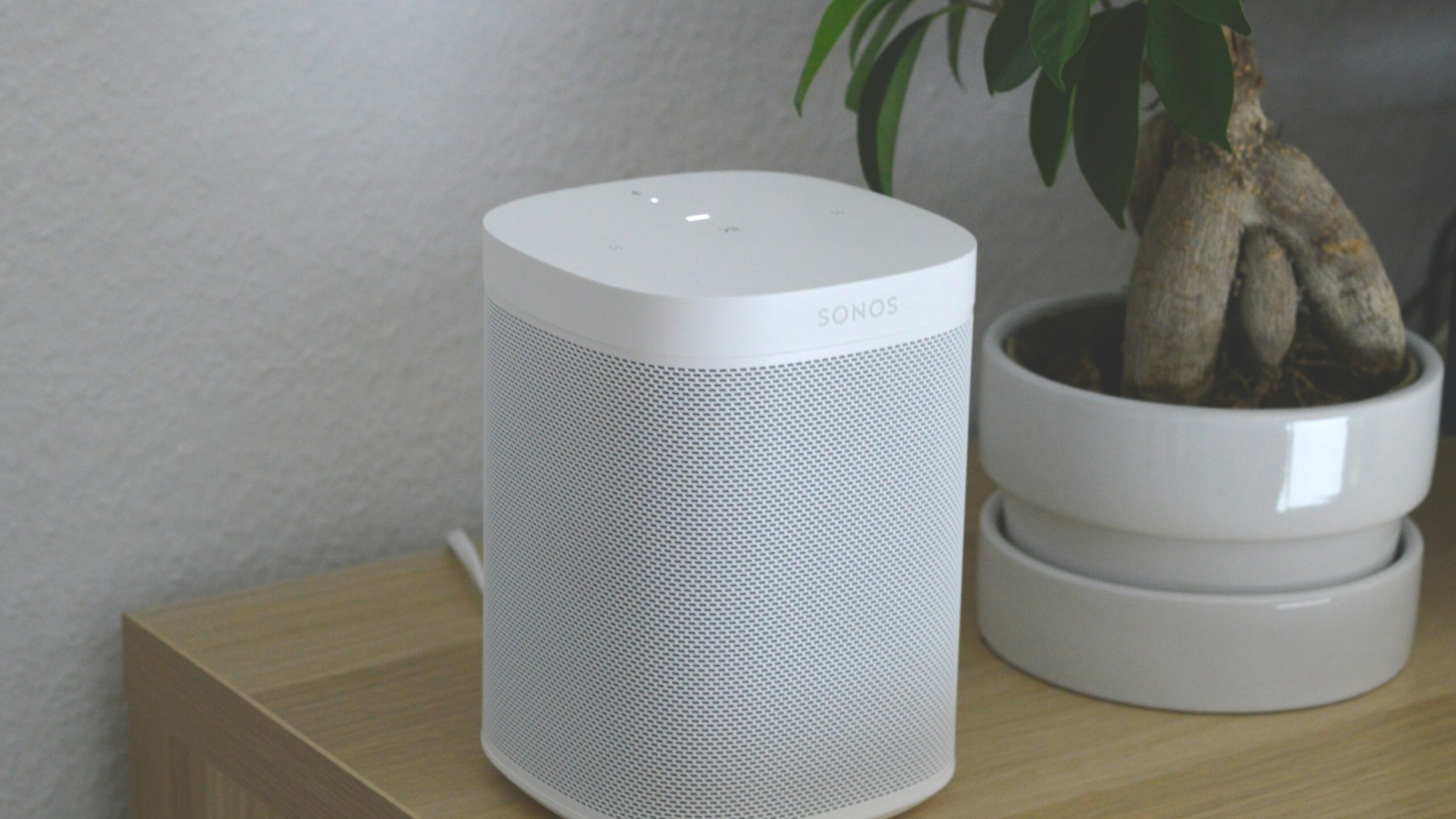The Evolution of Digital Assistants: How Alexa+ Is Set to Change the Game
When digital assistants first emerged, Microsoft appeared to have the inside track. Its Cortana, named after the iconic Halo AI character, promised much more than its competitors. Cortana’s connection to a beloved video game universe initially set high expectations for what an AI assistant could achieve.
Microsoft’s Cortana: A Missed Opportunity
Microsoft was one of the pioneers in creating a believable AI assistant. By naming its digital helper Cortana, the company tapped into a rich, futuristic narrative that could have transformed home technology—especially for Halo fans. An independent engineer even demonstrated how closely the technology could mirror the in-game AI, hinting at enormous competitive advantages when generative AI would eventually take center stage. Unfortunately, Microsoft underfunded and under-executed the project. With minimal marketing support, Cortana never evolved into the game-changing assistant it had the potential to be, and it was quietly shelved well before the current wave of generative AI began reshaping the market.
Apple’s Siri: Promised Versus Reality
Apple entered the race with Siri, a digital assistant that was both well-marketed and widely used. Despite its popularity, Siri was more a text-to-speech and speech-to-text interface than a true AI solution. Apple’s ads painted a picture of a futuristic helper, yet the reality often fell short. Even during discussions on AI, Siri is frequently cited as an example of what a digital assistant should not be. Although Apple had an opportunity—through a now-defunct partnership with IBM—to transform Siri into a genuine AI-powered assistant, the collaboration fizzled. Today, Siri remains in use but continues to be seen as a disappointment compared to what was promised.
Amazon’s Alexa: From Retail Tool to AI Powerhouse
In contrast, Amazon has taken a different approach with Alexa. Despite billions lost on Alexa’s development, the digital assistant has found success by becoming an integral part of Amazon’s retail ecosystem. Alexa seamlessly helps users order products and provides a range of services—from checking the weather in the morning to offering entertainment recommendations at night. Unlike Cortana and Siri, Alexa functions as a practical web front end that users trust for daily tasks.
The game-changing moment for Amazon is on the horizon with the introduction of generative AI into its digital assistant. Known as Alexa+, this next-generation assistant is poised to revolutionize user interactions. Although the move was initially promised in 2023, it has taken time to perfect. Alexa+ will be available on most Alexa devices, a smartphone app, and even on the Amazon website. While this feature will initially be exclusive to Prime members, its advanced capabilities are expected to significantly enhance the digital assistant experience.
Why Alexa+ Could Change Everything
Alexa+ isn’t just about improved voice commands—it promises a leap forward in natural language understanding and multi-step instructions. Imagine being able to:
- Ask Alexa+ to jump to specific scenes in movies you own or rent on Amazon Video.
- Request custom playlists on Amazon Music with complex filtering.
- Provide nuanced directions, such as booking the same restaurant for your anniversary or arranging repair services based on past preferences.
- Integrate with home security cameras, enabling you to quickly review who’s been around your property or even track the movement of your pets.
While early versions of AI assistants often struggled with quality and consistency, Alexa+ aims to overcome these issues with more robust technology and greater attention to detail. There may be some initial hiccups, especially with third-party integrations, but the promise of a truly interactive, generative AI assistant is a significant step forward.
The Panos Panay Factor
Adding to the intrigue is Panos Panay, the visionary behind Microsoft’s Surface line and the Surface Duo. Now at Amazon, Panay is reportedly leading initiatives that resemble what could have been done with Cortana at Microsoft. His move is seen as a strategic realignment that might finally bring the level of innovation needed to make digital assistants genuinely transformative.
Wrapping Up
As we stand on the cusp of a new era in digital assistance, it’s clear that AI is no longer a futuristic concept—it’s here, and it’s evolving rapidly. Alexa+ represents a significant advancement, promising to deliver more natural, intelligent, and useful interactions than ever before. For anyone not already exploring AI, now is the time to get involved. The capabilities of generative AI in digital assistants are set to redefine our daily routines, making our lives more convenient, efficient, and connected.
Stay tuned for more insights as we continue to explore the future of digital assistants and the transformative potential of AI in our everyday lives.

